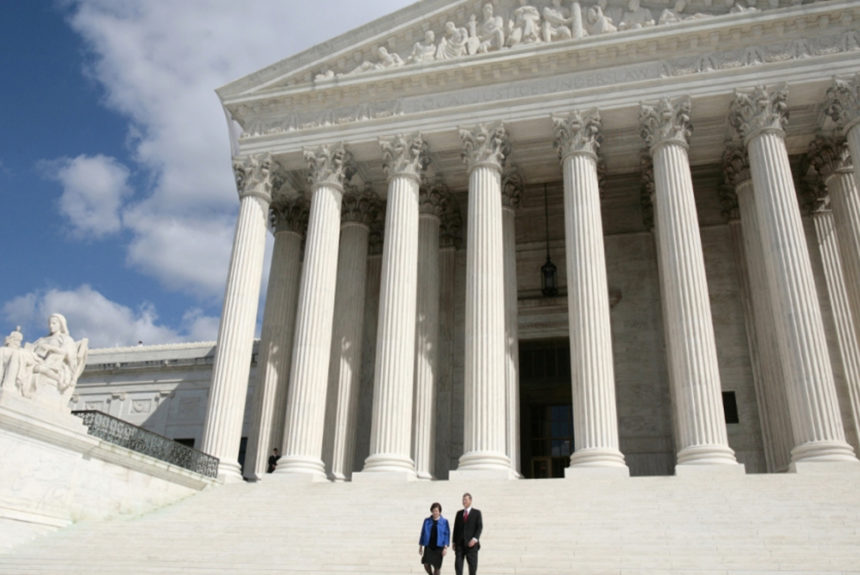Recent years have seen an increased focus on questions of transitional justice and the rule of law in conflict and post-conflict societies, enhancing the need to ensure a common basis in international norms and standards. Understanding justice is essential to enhance human rights, encourage economic development, promote accountable governance and peacefully resolve conflict.
In 2012, the rule of law made its appearance on the global agenda as not only a human rights issue, but also a business and global governance issue. For the first time, 193 state leaders declared during the UN General Assembly opening debate in 2012 that the rule of law is important, and adopted the Declaration on the Rule of Law at national and international levels. In addition, the International Bar Association’s annual meeting programme reached beyond the typical orders of business and billable hours; business lawyers talked about war crimes, ethics, human rights, torture, anti-corruption, legal education, corporate social responsibility and world organizations.
These coordinated efforts are innovative alternatives meant to solve problems in the absence of full international governance characterized by robust rule of law. Developing binding international treaties based on the state model on issues such as global warming, mineral extraction and global health promotion are simply not sufficient to create real and lasting change. The international community has worked to articulate collectively the substantive and procedural requirements for the administration of justice for more than half a century.
The Global Agenda Council on Justice aims to identify innovations in national legal systems in order to help states in transitions to protect their citizens through a robust judiciary.
Dr Aref Ali Nayed, Chairman of LIAS, was selected together with 19 other global experts and leaders to join the council on justice.


